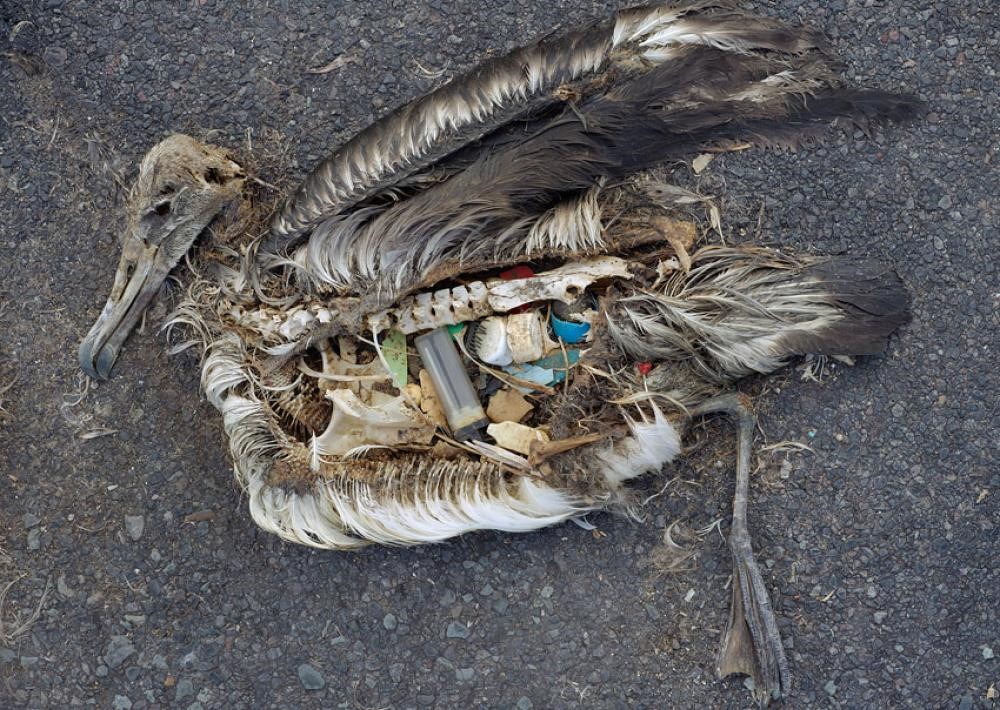Budget 2018. Purposeful.Money's Key Notes
/In his third Budget Phillip Hammond has heralded that the era of austerity is now finally coming to an end – Note the careful language that he has used here, he has not said that austerity is over but ‘coming to an end’! He has also discovered that he had more money to play with than he had expected.
The Overview
The dramatic improvement in the outlook for the UK’s public finances gave the chancellor enough leeway to fund previous government pledges of extra money on the National Health Service and housing without big increases in taxes.
Borrowing has persistently come in under forecast. The OBR (Office for Budget Responsibility) expects borrowing to be £11.6bn lower than forecast at the Spring Statement.
But, with so much uncertainty in the air, economic growth remains anaemic by both historic and international comparison. The OBR now expects the economy to grow by 1.6% next year, 1.4% in 2020 and 2021, before picking up to 1.5% in 2022 and 1.6% in 2023.
The proposed digital tax is a political statement but won’t be the sales tax that might have affected UK internet businesses. Duty was frozen on beer and spirits (instead of increasing as it did for wine) which is good news for pubs.”
Aside from an increase in the tax-free personal allowance and higher-rate tax threshold there were no major tax announcements for individuals. This makes it an opportune time to make the most of valuable tax allowances, reliefs and exemptions that already exist – especially as this could be a short-term window of opportunity, with just five months to go to Brexit.
What are the key Purposeful notes from the budget
Plastics tax
A missed opportunity!
The Government will impose a new tax on the manufacture and import of plastic packaging that contains less than 30% of recycled plastic.
Disappointingly there will be no special levy on disposable plastic cups.
The Chancellor has reiterated previous comments that the UK must become a world leader in tackling ‘the scourge of plastic littering our planet and our oceans’. Mr Hammond stated that there are ‘billions of disposable plastic drink cups, cartons, bags, and other items are used every year in Britain. Convenient for users but deadly for our wildlife and our oceans’. These are sentiments that we at Purposeful.Money fully endorse.
It is sad that this commitment did not extend to a so called Latte Levy which had previously been suggested as a means of dealing with the country’s disposable cup waste.
2.5 Billion cups are being thrown away every year. (Image Source: Acre)
The latte levy which was first floated by the Environmental Audit Committee would constitute 25p being added to the price of each coffee to encourage the use of reusable alternatives and also provide a fund for proper waste management.
Mr Hammond stated however that ‘I have concluded that a tax in isolation would not at this point deliver a decisive shift from disposable to reusable cups’.
It is important to note however that in 2015 the government added a 5p charge to plastic bags, a move that appears to have cut the sales of these bags by 86% and therefore seen fewer entering the environment.
There have been many calls therefore for the government to repeat this success with coffee cups and plastic bottles.
Greenpeace Executive director John Sauven said ‘Three weeks since the world’s leading climate scientists said government have just 12 years to turn the tide on the catastrophic and irreversible consequences of climate change the Chancellor has delivered a budget that reads as though he has missed the memo’
It does look as though when we are currently in the middle of a plastics pollution crisis the Chancellor has failed to take even a small step towards reducing the usage of single use plastics by not introducing a tax on disposable coffee cups.
Pensions
Pension tax breaks are safe…. for now!
This is despite the Chancellors recent gripes that the bill for pension’s tax relief is ‘eye wateringly expensive’.
This statement prompted many to think that he could be about to do something radical with pensions. So, it will have been a good news for many savers that he had little to say on this subject. It has been a relief that the popular ‘perk’ which allows everyone to save into a pension from untaxed earnings has remained untouched despite the bill being £39billion a year to the Government.
Specifically Mr Hammond did not cut the tax-free annual savings limit, or introduce a flat-rate of tax relief as had been feared.
The annual allowance – the maximum that most savers can put in pension pots each year and enjoy tax relief has also been left intact despite fears it could be reduced from £40,000 to £30,000.
The Lifetime allowance however for pensions will rise in line with inflation from the current £1,030,000 ceiling to £1,055,000 in April 2019.
The Chancellor’s comments on how expensive the current system is could however mean that the current pension tax reliefs are on borrowed time.
Inheritance tax
Earlier this year, the chancellor asked the Office of Tax Simplification to review the level of complexity in the current inheritance tax system. Its report is due this autumn, and Mr Hammond had nothing to say on it in the Budget.
Once again, given the interest the chancellor has expressed in the subject, and the possibility that there could be changes ahead, it makes sense to make the most of the existing allowances while you still can.
You don’t have to wait until death to pass on wealth – as most people do. Transferring wealth while you are alive can have a transformative effect on your family’s life and reduce an inheritance tax (IHT) liability.
There are a number of annual gift allowances which you lose if you don’t make use of them before the tax year end. For example, you can give away £3,000 each year and this will not be subject to IHT. You can give as many gifts of up to £250 per person as you want during a tax year, as long as you haven’t used another exemption on the same person.
If a gift is regular, comes out of your income and does not affect your standard of living, any amount of money can be given away and ignored for IHT. It is also possible to make further tax-free gifts – potentially exempt transfers – but you have to survive for seven years after making the gift to get the full benefit of it being outside of your estate for IHT purposes.
Income tax and ISAs
The Chancellor announced that from next April people will be able to earn £12,500 a year tax free and furthermore not pay 40 per cent tax until they have reached earnings of £50,000. This increase has taken place a year earlier than planned.
This makes the tax-advantaged savings available in an ISA even more valuable. Investment returns are tax-free in an ISA. That means there is no income tax or capital gains tax (CGT) to pay – whether those returns come in the form of interest, dividends, or shares going up in value.
This tax year adults can put up to £20,000 a year into ISAs (so for a couple that is £40,000) and up to £4,260 a year into a Junior ISA for a child. The adult ISA annual subscription limit for 2019-20 will remain unchanged at £20,000. The annual subscription limit for Junior ISAs for 2019-20 will be increased in line with CPI to £4,3685.
Remember:
When you look to utilise your allowance in a stocks and shares ISA consider whether the investment also meets with your ethical values and concerns.
Purposeful.Money can offer you advice to ensure that your ISA or pension is invested in funds where these important considerations are taken into account.
(Image Source: Which?)
Other Key Points from the Budget
Stamp Duty abolished for all first time buyers of shared ownership properties valued up to £500,000, applied
retrospectively to the date of the last budget.A freeze on beer and cider duty for the next year and a freeze on spirits duty, saving 2p on a pint of beer, 1p on a pint of cider and 30p on a bottle of scotch or gin.
National Living Wage will rise in April from £7.83 to £8.21
New Millennial railcard available by end of year
Income tax personal allowance threshold to rise to £12,500 at the same time from April 2019
Higher rate tax threshold to rise to £50,000 at the same time
Counter terrorism police to get an extra £160 Million fund 2019/20
A one off £400 million payment to schools to allow them to ‘buy kit’.
An extra £1 billion for the MOD
Business rates bills curt by one third for the next two years for all retailers in England with a rate able value of £51,000 or less, delivering an annual saving of up to £8,000 for up to 90% of all independent shops, pubs, cafes and restaurants.
Start-up loans funding to be extended to 2021.
The Private Finance Initiative PFI and its successor PF2 abolished for future government projects
UK Digital Services Tac to be introduced in April 2020 targeting On-Line giants with more than £500 Million in global revenues.
Freeze of fuel duties for ninth consecutive year
An immediate £420 million payment to tackle potholes, bridge repairs and other minor road works – Good news for cyclists!
An extra £1 billion over 5 years for the Universal Credit benefit programme.













